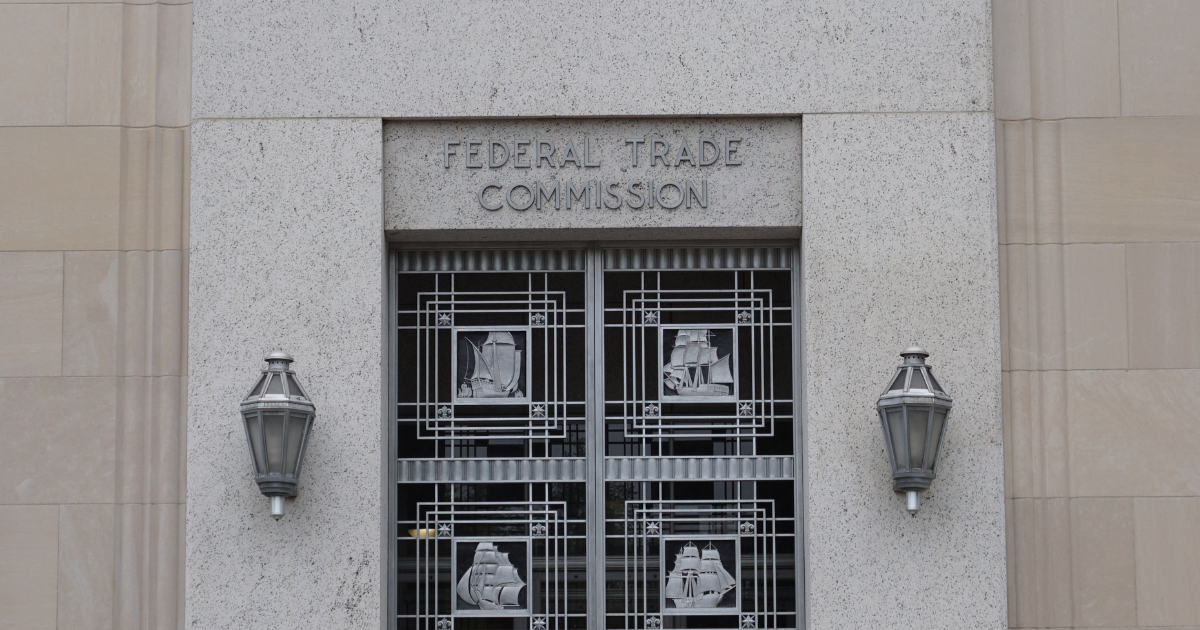
Photo by Ian Hutchinson on Unsplash
FTC Warns Trade Groups and Influencers To Disclose Aspartame and Sugar Promotions
November 16, 2023
The staff at the Federal Trade Commission (FTC) has recently dispatched warning letters to two major trade associations and a dozen registered dieticians, along with other online health influencers.
The warnings were issued due to the “lack of adequate disclosures” in these influencers’ Instagram and TikTok posts that advocated for the safety of the artificial sweetener aspartame or the consumption of sugar-laden products. The American Beverage Association (AmeriBev) and The Canadian Sugar Institute are the trade groups that received these letters. The FTC expressed its apprehension that these organizations could be breaching the FTC Act.
As per the Commission’s Guides for Endorsements and Testimonials, all paid endorsements should “clearly and conspicuously disclose any unexpected material connections.” This means that disclosures should be specified in the promotional TikTok or Instagram videos themselves as well as in the text descriptions under the videos. This measure ensures that the audience is equipped with all the necessary information to make informed purchasing decisions.
The move aligns with the FTC’s recent reassessment of the Commission’s Guides for Endorsements and Testimonials. It is also part of the regulatory body’s ongoing surveillance of influencer marketing.
“It’s irresponsible for any trade group to hire influencers to tout its members’ products and fail to ensure that the influencers come clean about that relationship. That’s certainly true for health and safety claims about sugar and aspartame, especially when made by registered dieticians and others upon whom people rely for advice about what to eat and drink.”
Samuel Levine, Director of the FTC’s Bureau of Consumer Protection
Each warning letter from the FTC pinpointed posts that seemed to be paid but either had inadequate disclosures or did not reveal a material connection at all. The letters expressed the FTC’s concerns about individual disclosures, including those that had inconspicuous placement, used ambiguous language, or failed to specifically name the sponsor of the post.
Furthermore, the letters included a notice from the FTC about the penalty offenses related to deceptive endorsements, cautioning that each failure to disclose unexpected material connections in the future could result in civil penalties of up to $50,120 per violation.
The recipients of these letters were instructed to get in touch with the agency staff within 15 days and discuss any actions they have taken or plan to take to rectify the FTC’s concerns.
Recent News
NHTSA Investigates Tesla Autopilot Again After Recent Software Update
Tesla Autopilot is once again the subject of an NHTSA investigation.
Home Depot Holds Halfway to Halloween Sale: Skelly’s Back
It’s halfway to spooky season, and Home Depot is celebrating.
Kaiser Discloses Health Insurance Data Breach
Health insurance company Kaiser is notifying millions of its current and former members about a data breach. The breach occurred when Kaiser shared patients’ information with third-party advertisers like Google, Microsoft, and X (formerly Twitter).
Satirical Site The Onion Acquired by Global Tetrahedron
The satirical news website, The Onion, has been sold by G/O Media to a group of digital media veterans.

